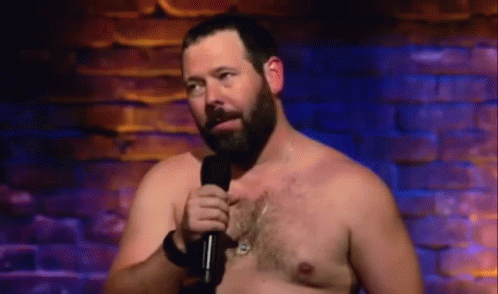ATF: Until recreational cannabis is federally legalized, pot users cannot own guns
ST. PAUL, Minn. -- The federal agency that regulates the firearms industry sent an advisory on Tuesday warning that Minnesotans who use marijuana cannot legally own firearms, despite a new state law legalizing recreational use.
Marijuana is still an illegal Schedule I substance under federal law, despite moves by 23 states to legalize it for recreational use and even more that authorize medical cannabis.
The St. Paul office of the Bureau of Alcohol, Tobacco, Firearms, and Explosives noted that distinction. That means people who smoke weed or take marijuana edibles are "still federally defined as an 'unlawful user' of a controlled substance," and therefore are "prohibited from shipping, transporting, receiving, or possessing firearms or ammunition," the agency said its release Tuesday.
RELATED: Recreational marijuana is now signed into law: Here's what the new law will do
"Until marijuana is legalized federally, firearms owners and possessors should be mindful that it remains federally illegal to mix marijuana with firearms and ammunition," said Jeff Reed, ATF's acting special agent in charge of the of the St. Paul field division.
That warning from the ATF is concerning for Second Amendment rights advocate Rob Doar, vice president of the Minnesota Gun Owners Caucus. He said he's long been aware of state-and-federal cannabis contradiction, whether it's for medical or recreational use.
Doar urges gun owners to be aware of the risks -- even if under Minnesota's new law -- sheriffs cannot deny someone a permit to carry solely because they are enrolled in the medical cannabis program or an adult using marijuana. He pushed for the inclusion of that language.
"I think if [the ATF agents] weren't planning on enforcing it, they may have just let it go and kind of be a wink-wink-nudge-nudge that yes, it's illegal, but much like other federal cannabis prohibitions we're not going to be enforcing it," Doar said. "The fact that they sent out the notice I think is cause for some raised eyebrows."
Jason Tarasek, a cannabis attorney for Vicente LLP, said the federal government has generally turned a blind eye and has "left states alone" that have legalized marijuana. But he acknowledged the challenge for gun owners.
"It's an interesting song and dance we're going through with the federal government," Tarasek said.
He and Doar both want some clarity coming out of Washington, whether that's through Congress or executive action in the Biden Administration.
"It'd be great to get some clearer guidance from the federal government that would make people in legal markets more comfortable. That they don't need to be worried about the federal government knocking on their door," Tarasek said.
The Obama Administration a decade ago issued guidance, saying the Department of Justice would not interfere in states that had legalized marijuana if it didn't interfere with their law enforcement priorities. Then-U.S. Attorney General Jeff Sessions under President Trump rescinded it.
Meanwhile, the current Attorney General Merrick Garland told the U.S. Senate Judiciary Committee during his nomination process that he did not believe it was "the best use of the [Department of Justice's] limited resources to pursue prosecutions of those who are complying with the laws in states that have legalized and are effectively regulating marijuana."
Carrying a weapon while intoxicated is prohibited. That includes being high on marijuana, Doar noted.
There are other hurdles because federal and some state laws on cannabis are at odds with each other. Cannabis businesses face tax and banking issues because of federal prohibition.
"It is challenging to operate in the marijuana space. It's not for the risk-averse," Tarasek said. "If you are an intrepid entrepreneur, there's a lot of opportunity there."






 Reply With Quote
Reply With Quote









